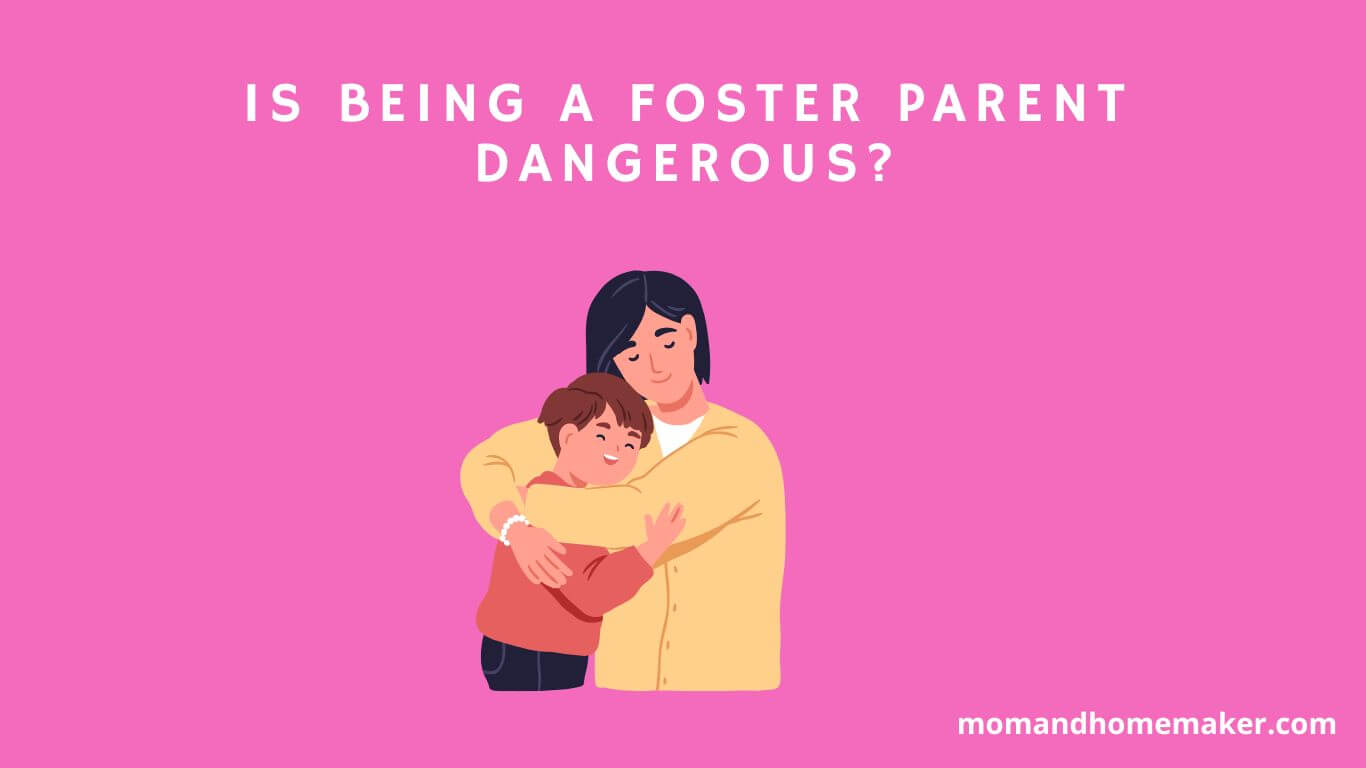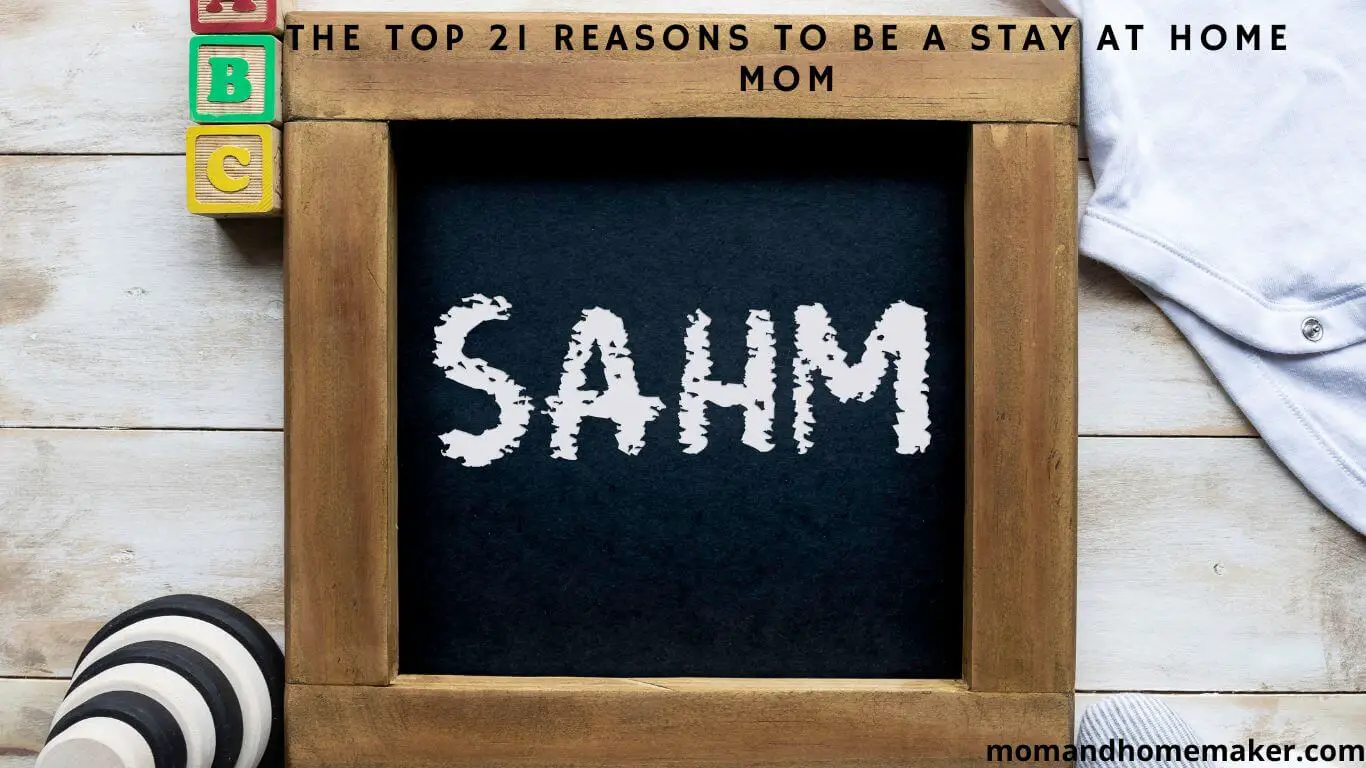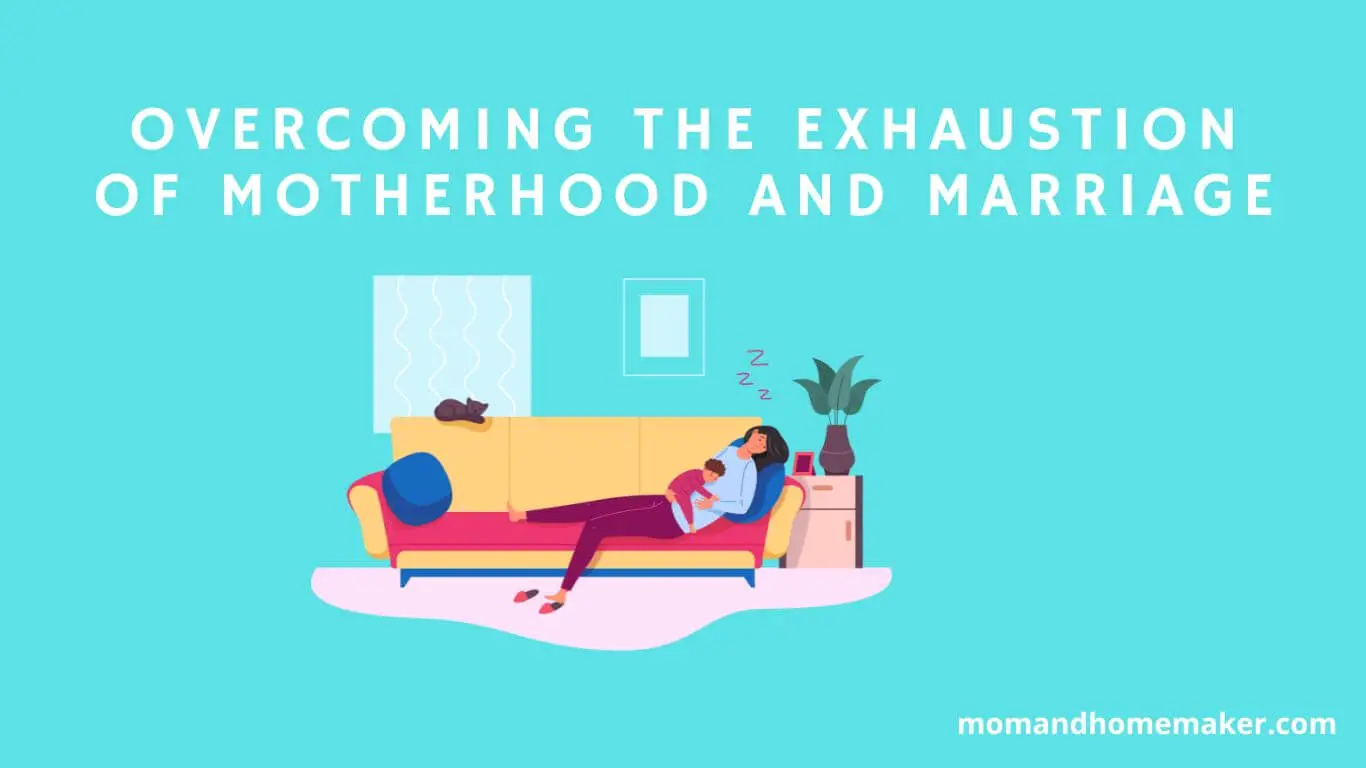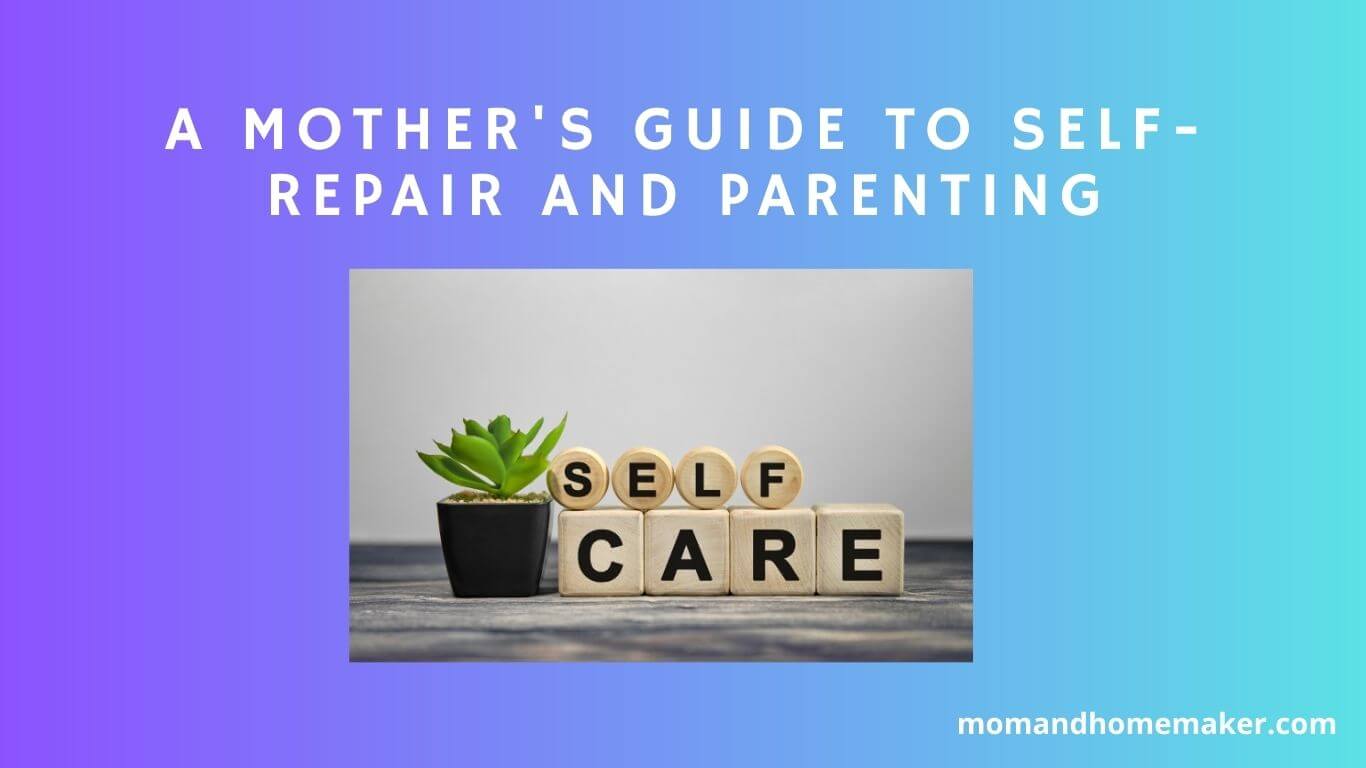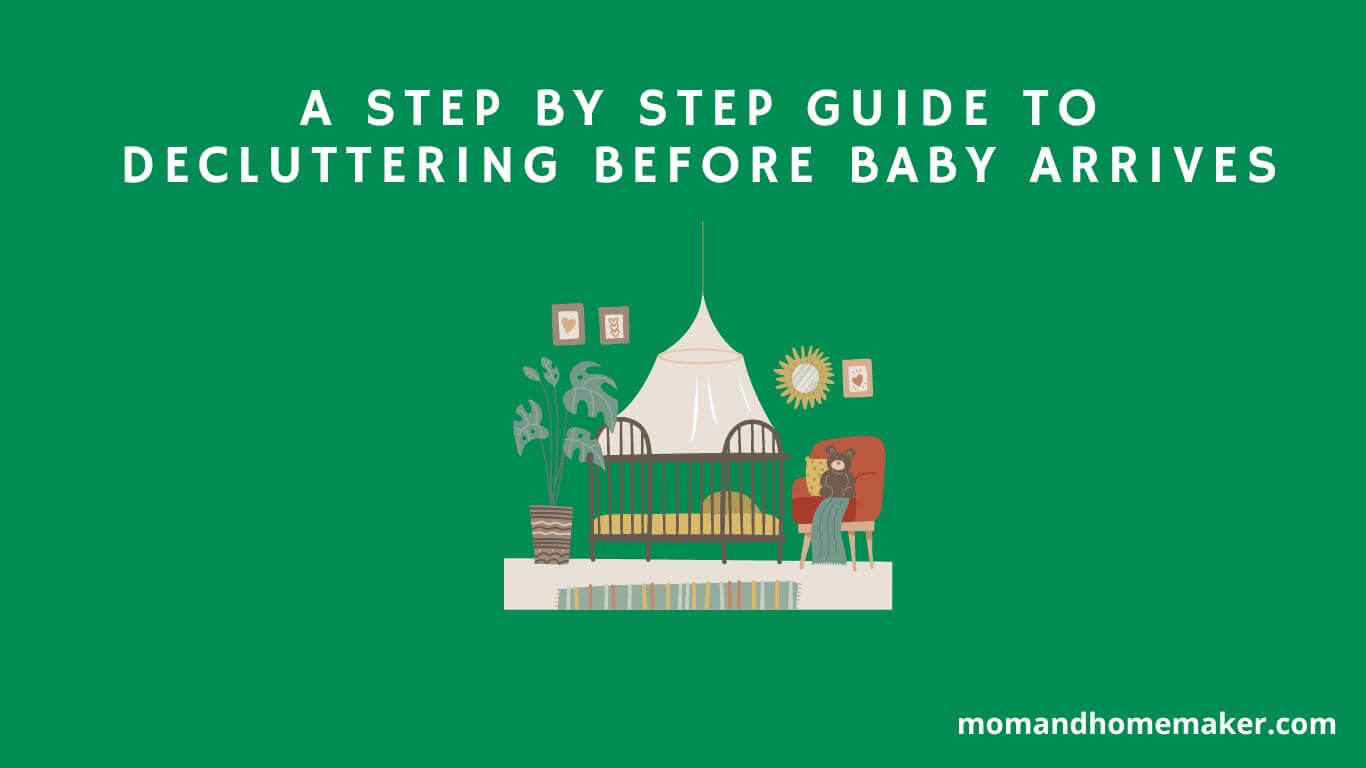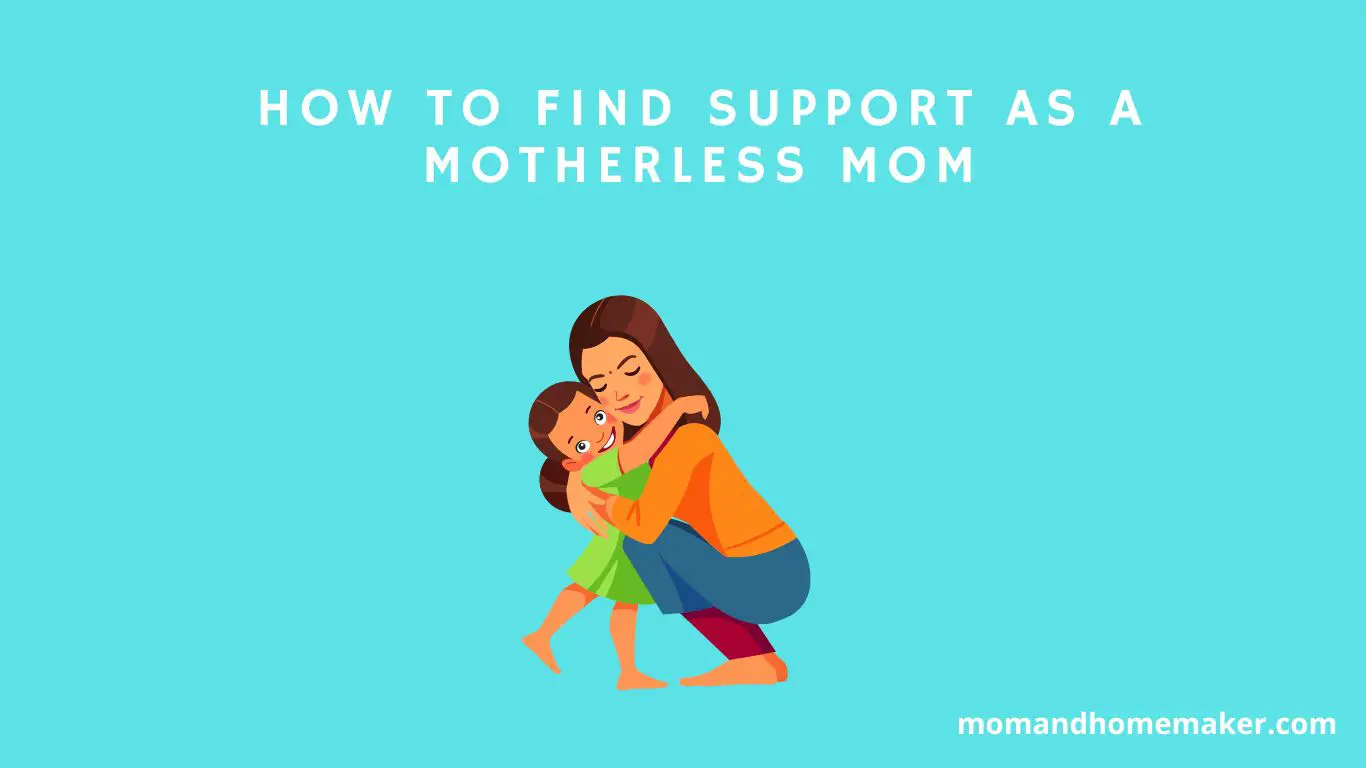Foster care is a system that provides temporary care to children who have been removed from their homes due to abuse, neglect, or other reasons. Foster parents play a vital role in providing a loving and supportive environment for these children.
However, there is a common misconception that being a foster parent can be dangerous. This belief is often fueled by media reports of foster children being abused or neglected by their caregivers. In this essay, we will discuss the question of whether being a foster parent is dangerous, and examine the risks and benefits of becoming a foster parent.
Table of Contents
Reasons Why Being a Foster Parent is Not Dangerous
1. Foster agencies prioritize child safety
Foster agencies are responsible for the safety and well-being of the children in their care. They carefully screen and train foster parents, ensuring that they are equipped to provide a safe and nurturing environment for the children entrusted to them.
Foster agencies conduct regular home visits, background checks, and follow-ups to monitor the well-being of the children and ensure any issues are addressed promptly. Foster agencies also work closely with government agencies and social workers to protect children who may be at risk of abuse or neglect, and provide appropriate support and intervention when necessary.
Overall, the main priority of foster agencies is to provide a safe and stable environment for children in need and to support them in their journey toward a brighter future.
2. Support systems are available
Foster parents are not alone in their journey. Foster agencies provide support to foster parents, including access to counselors, social workers, and other professionals who can assist them with any challenges that may arise. In addition to agency support, foster parents can also find community networks and resources through foster care associations, organizations, and online forums.
There are training programs available for foster parents to help them become better caregivers and understand the unique needs of children in foster care. Foster parents can also benefit from connecting with other foster parents who can offer advice, support, and guidance based on their own experiences.
The availability of these support systems can make a significant difference in the success of foster parenting and the well-being of the children in their care.
3. Foster parents are not financially responsible for the children
Foster parents are provided with financial compensation to cover the costs of caring for the children in their home. This includes food, clothing, medical care, and any other necessary expenses. The financial compensation that foster parents receive is intended to cover all the basic needs of the children to ensure that they have a safe and comfortable living environment.
Foster parents are not expected to use their personal funds to pay for their children’s expenses. However, foster parents may choose to use their own money to provide additional luxuries or experiences for the children if they wish to do so.
The primary responsibility for the financial well-being of the foster children lies with the government agencies and organizations that oversee the foster care system. They are responsible for ensuring that the children receive the financial support they need to thrive and grow while in foster care.
4. Legal protection is in place
Foster parents are protected by the law. Foster agencies and the legal system work together to ensure that foster parents are not held liable for any issues that may arise with a child in their care, as long as they are following the guidelines set out by the agency.
Foster parents have the right to advocate for the child in their care and make decisions regarding their well-being, such as medical treatment and education. The law also protects foster parents from discrimination based on race, religion, or sexual orientation.
This ensures that all qualified individuals have the opportunity to become foster parents and provide a safe and loving home for children in need. Foster parents can trust that the legal system is there to support and protect them while they provide a temporary home for these vulnerable children.
5. Foster care is a temporary arrangement:
Foster care is not a permanent arrangement. Children may stay with a foster family for a few days, months, or sometimes even years, but the goal is always to find a safe and permanent home for the child. During their time in foster care, children receive care and support from their foster families, but they may also be provided with services such as counseling, medical care, and education.
The ultimate goal is to reunite children with their birth families if possible, but if this is not a safe or viable option, adoption may be considered a permanent solution. Regardless of the outcome, foster care provides a crucial temporary solution for children who cannot be safely cared for by their birth families.
6. You can choose the age range of the children you foster
Foster parents have the option to choose the age range of the children they want to care for. This way, foster parents can ensure that they are able to provide the appropriate level of care for the child based on their age and needs. For example, some foster parents may feel more comfortable caring for infants or toddlers, while others may prefer working with older children and teenagers.
By choosing the age range that best suits their abilities and experience, foster parents are better equipped to provide a stable and supportive environment for the child in their care. This approach helps to ensure that the child is matched with a foster family that can meet their unique needs and provides the best possible care during a challenging time in their life.
The goal of fostering is to give children a safe and nurturing place to call home, and by selecting the right age range, foster parents can play an essential role in making this happen.
7. The rewards are immeasurable
While being a foster parent can be challenging, it is also one of the most rewarding experiences a person can have. Helping a child in need and providing them with a safe and nurturing environment can be life-changing, both for the child and for the foster parent.
Foster parents play a crucial role in the lives of children who have suffered neglect, abuse, or trauma. They provide stability and love when it is needed most and help children feel a sense of belonging and security. As a foster parent, you also have the opportunity to create lifelong connections and make a positive impact on a child’s future.
Moreover, being a foster parent can be a transformative experience for the foster parent too. It requires a lot of patience, empathy, and understanding, which can help you grow as a person. You’ll learn to see the world through a child’s eyes and appreciate the little things in life. You may also find that you have a newfound sense of purpose and meaning.
Becoming a foster parent is a noble and selfless act that can bring immeasurable rewards. It can be difficult at times, but the positive impact you can have on a child’s life is priceless. If you have the time, resources, and love to give, consider becoming a foster parent and making a difference in a child’s life today.
Seven Reasons Why Being a Foster Parent is Not for Everyone
1. Physical and Emotional Demands
Being a foster parent is an incredibly challenging job that can take a toll on your physical and emotional health. You will be dealing with children who have been through traumatic experiences, which can be emotionally draining. Foster parenting requires a lot of physical work, such as running errands, cleaning, cooking, and more.
It is important to be prepared for the physical and emotional demands of foster parenting and to take steps to ensure your well-being. This may include seeking support from a therapist or support group, practicing self-care, and setting boundaries to prevent burnout. While the demands of foster parenting can be overwhelming, the reward of providing a safe and loving home to a child in need can be immeasurable.
2. Financial Strain
Foster parenting can also be financially challenging, as you will be responsible for the costs of caring for a child. This includes providing food, clothing, housing, healthcare, and more. While you will receive financial support from the government, it may not be enough to cover all the expenses.
In addition, foster parents often face unexpected expenses, such as therapy or other specialized care for the child. This can lead to financial strain and may require foster parents to budget carefully or seek additional sources of income.
Despite these challenges, many foster parents find the experience to be rewarding and are able to provide a stable and loving home for children in need. It is important to carefully consider the financial implications of becoming a foster parent and to seek support and resources when needed.
3. Legal Challenges:
Foster parenting also comes with legal challenges, as you will need to navigate the complex legal system. You will need to attend court hearings, work with lawyers, and comply with various legal requirements. You will need to be aware of the laws and regulations that govern foster care in your state or country.
This includes understanding the rights and responsibilities of both the foster parents and the child, as well as following strict guidelines for confidentiality and record-keeping. Once you have been approved as a foster parent, you will work with social workers and other professionals to assess the needs of the child in your care and develop a plan for their care and well-being.
This may include working with the child’s birth family, arranging for educational and recreational activities, and providing support and guidance through difficult periods.
4. Social Stigma
Unfortunately, being a foster parent may also come with social stigma. Some people may judge you or assume that you are doing it for the wrong reasons. This can be hurtful and isolating, and it’s important to be prepared for this possibility.
It’s important to remember that being a foster parent is a selfless and important role in society. You are providing a safe and loving home for children who may not have had that before. Don’t let the opinions of others bring you down. Surround yourself with a support system of friends, family, and fellow foster parents who understand and appreciate the work you are doing.
If you do encounter judgment or stigma, try to approach the situation with patience and understanding. Many people may not understand the foster care system and the reasons why children enter it. Education can go a long way in combatting these negative attitudes.
The most important thing is to provide a stable and nurturing home for the children in your care. Focus on that and let the opinions of others roll off your back. You are making a positive difference in the lives of children, and that is something to be proud of.
5. Safety Concerns
Foster parenting also comes with safety concerns. You will be responsible for the safety and well-being of a child, which can be a daunting task. Some foster children may have behavioral issues or a history of violence, which can create safety concerns for you and your family.
It is important to attend training sessions and obtain proper certifications to ensure that you are prepared for any potential crises. It is also necessary to communicate with your social worker regarding any safety concerns you have and to have a safety plan in place in the event of an emergency.
The safety of the child always comes first, and it is your responsibility as a foster parent to provide a safe and secure environment for them. It is important to attend regular training sessions and conferences to stay up-to-date on the latest policies and procedures related to foster care.
This will not only improve your skills as a caregiver but also help you understand the needs of the child in your care.
Obtaining proper certifications will also help you navigate the complex legal system associated with foster care. You may need to obtain a license through your state or complete specialized training depending on the needs of the child.
6. Attachment and Loss
As a foster parent, you will need to deal with attachment and loss. You will need to form attachments with the children in your care, even though they may not stay with you permanently. This can be emotionally difficult, as you may become attached to a child and then have to say goodbye.
The children you are caring for may already have experienced significant loss and trauma, which can affect their ability to form attachments. It is important to be patient and understanding with them as they navigate the process of building trust and connecting with those around them.
As a foster parent, it is also important to acknowledge and actively work through your own feelings of loss when a child moves on from your care. Seeking out support from other foster parents or a therapist can be beneficial in processing these emotions.
The goal of foster care is to provide a safe and supportive environment for children as they go through a difficult time in their lives. While attachment and loss may be challenging aspects of the role, they are necessary for helping these children find stability and healing.
7. Lack of Support:
Lastly, being a foster parent can be isolating and lonely. You may feel like you don’t have anyone to turn to for support or advice. It’s important to have a strong support system in place, whether it’s through friends, family, or a foster parent support group.
Without support, fostering can be a challenging and overwhelming experience. As foster parents, you often face unique emotional and practical challenges that can leave you feeling unsupported or isolated. Without access to a support network, you may struggle to cope with the demands of parenting children in care.
Whether you need a shoulder to lean on, practical advice, or someone to talk to, having a support system is crucial. It can help you connect with others who are experiencing similar challenges, learn from their experiences, and get the help you need to navigate the ups and downs of fostering. With the right support, you can feel more confident, capable, and empowered as a foster parent.
Foster parenting is not for everyone. It requires a lot of hard work, dedication, and sacrifice. However, for those who are ready and willing, it can also be incredibly rewarding. If you’re interested in becoming a foster parent, make sure to do your research, talk to current foster parents, and be prepared for the challenges ahead.
Conclusion
Being a foster parent can come with its own set of challenges and risks, but it is not necessarily a dangerous job. The primary goal of foster care is to provide a safe and secure home for children who are in need of care and protection. Foster parents play a vital role in shaping the lives of these children and providing them with a stable environment to grow and thrive.
While there are undoubtedly risks involved in fostering, such as dealing with children who have emotional or behavioral issues, the rewards of fostering are immeasurable. Foster parents have the opportunity to make a significant difference in the lives of children who have been through traumatic experiences and help them to overcome their past struggles.
In summary, fostering is a noble and rewarding task that requires patience, dedication, and commitment. With proper training and support, foster parents can create a loving and nurturing environment for children who are in need of care, and it can be a life-changing experience for both the children and the foster parents.

